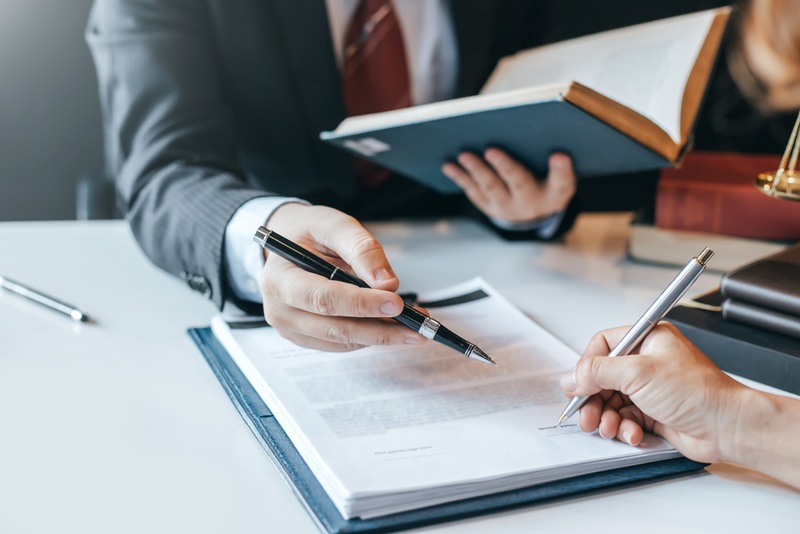What Information Should I Bring to a Meeting with an Estate Lawyer?

It can be very stressful and overwhelming to meet with an estate planning attorney for the first time. When you need to plan for the future of your loved ones, it is vital to reach out to knowledgeable attorneys in Daytona Beach, FL.
Knowing that you are attending a meeting to discuss your own eventual death can be intimidating. You will need to talk about sensitive subjects and answer personal questions, such as:
- Where would you like to be buried?
- Would you like to be cremated?
- Who will care for your children if you die?
- And more
To make this meeting easier, it is vital to be prepared. When scheduling an estate planning meeting with a wills attorney in Daytona Beach, make sure to bring the appropriate information and documents.
What to Bring to Meet with Wills Attorneys in Daytona Beach, FL
There are many types of information that you should have on hand when meeting with an estate lawyer. In general, the more relevant information that you have at your disposal during the meeting, the better.
Some of the information that will be useful for planning your estate include:
Information About Your Family
You should bring the following family information to your first meeting with an estate planning attorney:
- Full names
- Nicknames
- Contact information
- Ages
You should bring this information for everyone who is relevant to the future of your estate. Typically, this includes:
- Spouses or partners
- Former spouses or partners
- Children
- Grandchildren
- Stepchildren
- Parents
- Siblings
- And more
You should bring information for anyone who will be involved as a fiduciary, guardian, or beneficiary.
Financial Information
Make sure to bring any financial information about the assets related to your estate. This will include both non-retirement assets and retirement savings information.
Some of the most common examples of non-retirement assets include:
- Checking and savings accounts
- Investment accounts
- Bonds and stocks
- S. Treasury notes
An estate planning lawyer will want to know the order of magnitude and titling of the assets. Some of the retirement savings information that will be relevant includes:
- 403(b)s
- 401(k)s
- IRAs
- Roth IRAs
- TSPs
- Pension information
- And more
This will help the attorney to understand the type of assets you hold and relevant beneficiaries.
Real Estate Information
Your estate lawyer will want to know about any pieces of property that you own. Bring the following information about any real estate in your possession:
- Addresses
- Ownership and titles
- Current market value
- Outstanding mortgages
Often, people must determine what to do with different types of property. This can include a primary residence, vacation home, rental property, or investment properties.
Other Questions to Consider
Beyond bringing this information, it is critical to think through questions relevant to your estate. These may include:
- Who do you want to receive your property?
- Who would you like to execute your will?
- Who do you want to care for your children?
- What funeral arrangements do you want?
It is vital to think through how you would like your loved ones to handle the event of your death. Knowing your goals and aims will help your estate planning attorney to build a plan to meet your needs.
Bookmark & Share
User Comments
Be the first to comment on this post below!
Previous Article
Most Popular Articles
- Estate Planning with Your Family
- How Guardianship Protects Minor Children
- Top 5 Reasons Why Estate Plans are Essential
- When Should You Consider Writing a Will?
- How to Settle Will Disputes
- Understanding Your Role as an Estate Personal Representative
- How to Financially Protect an Aging Loved One
- Disaster Preparation and Your Estate Plan




